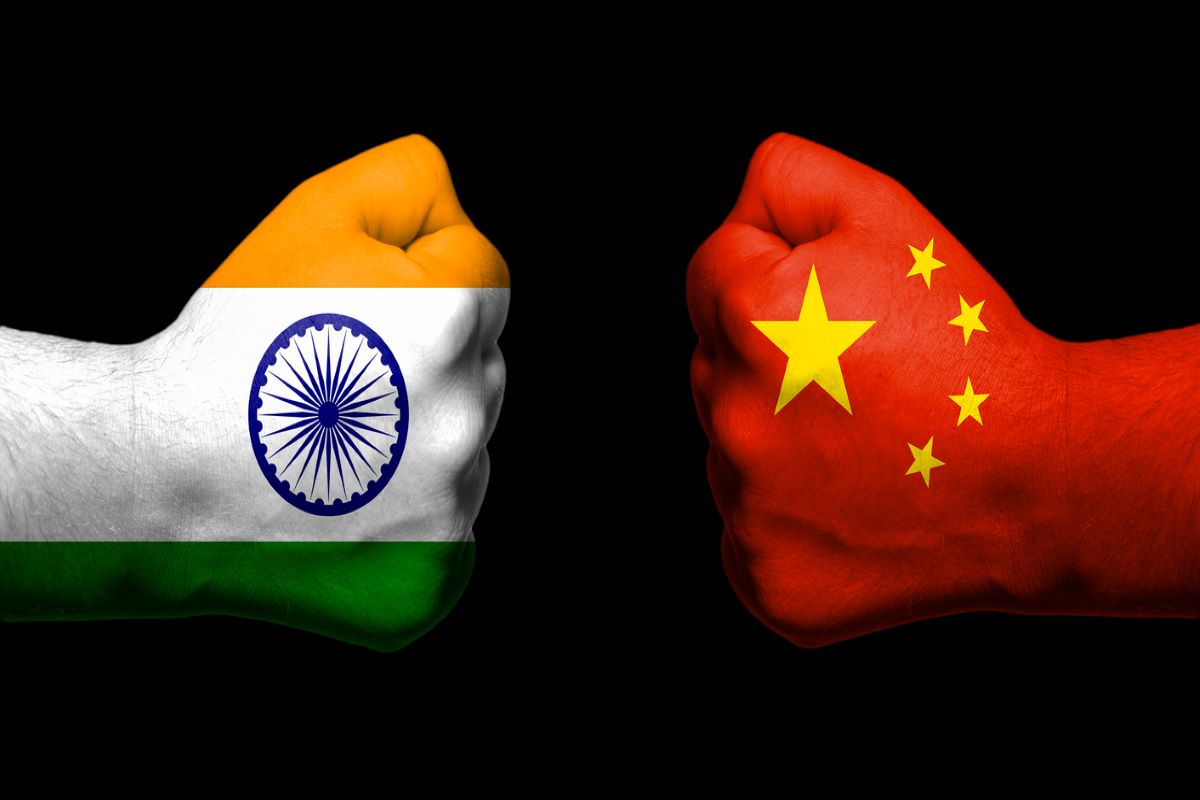The recent troop pullback between India and China along the disputed Ladakh border represents a crucial moment in the complex relationship between the two nations. This disengagement is not merely a military manoeuvre; it symbolises a renewed commitment to dialogue and a desire to avoid the escalation of conflict that has plagued the region for decades. The exchange of sweets between soldiers during Diwali serves as a reminder of the potential for goodwill and camaraderie amidst long-standing tensions. For many, the border disputes might seem like a distant geopolitical issue, but they have far-reaching implications for regional stability and economic prosperity.
The 4,000-km frontier, characterised by rugged terrain and strategic significance, has witnessed both conflict and cooperation. The tragic loss of life in clashes four years ago highlighted the risks of military standoffs in an area where nationalism and historical grievances intertwine. However, the recent agreements to resume patrols and ease military presence signal a pragmatic shift towards finding common ground. While this disengagement is commendable, it must be approached with cautious optimism. The trust deficit that has built up over the years cannot be overlooked. Past experiences of conflict have fostered suspicion, making it crucial for both nations to maintain transparency and accountability as they navigate this new phase of engagement.
Advertisement
The dialogue between Prime Minister Narendra Modi and Chinese President Xi Jinping, including their recent meeting on the sidelines of an international summit, is a step forward. Still, it must be underpinned by concrete actions that demonstrate a genuine commitment to peace. The geopolitical landscape of South Asia is evolving, with global power dynamics influencing local relationships. Economic ties between India and China have faced significant strain due to border tensions, affecting trade and investment opportunities. As both countries recognise the importance of economic interdependence, the potential for collaboration becomes evident. Improved diplomatic relations can lead to enhanced trade, benefiting both nations economically and contributing to regional stability. Yet, the path forward must be carefully charted. It is essential for India to remain vigilant and not rush into agreements that could undermine its strategic interests. The complexities of national security and territorial integrity demand that any dialogue prioritise the sovereignty and security concerns of both sides. Similarly, China must approach this renewed engagement with a genuine commitment to fostering a mutually beneficial relationship, rather than viewing it solely through the lens of regional dominance.
The recent troop pullback marks a significant development in India-China relations. The Diwali bonhomie is a symbol of hope, suggesting that even in a landscape marked by conflict, there is room for understanding and collaboration. By focusing on dialogue and diplomacy, both nations have an opportunity to reshape their relationship, creating a foundation for lasting peace and stability in the region. As they move forward, it is imperative that both sides remain committed to building trust and fostering an environment where cooperation can flourish.









